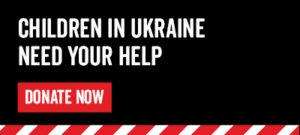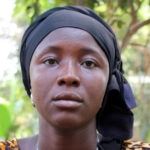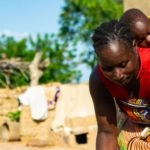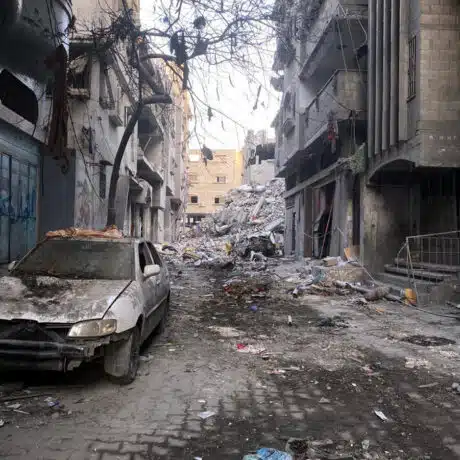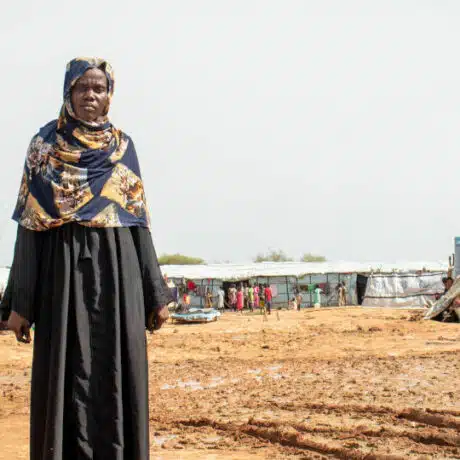News and Stories - Emergencies - 25 May 2022
Mobile units provide protection and psychosocial support for Ukraine’s children
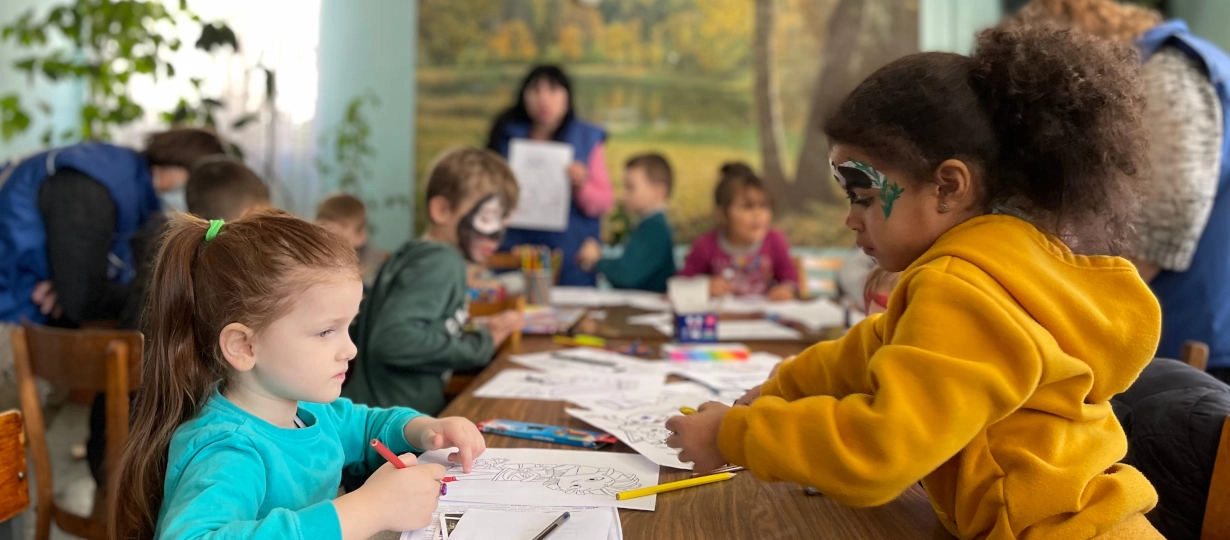
The ongoing crisis in Ukraine is having a significant psychological impact on children and families. Thousands of children have spent months hiding in bomb shelters, basements, metro stations and other underground areas while millions more have fled to neighbouring countries, leaving behind everything they knew and loved.
In Moldova, Plan International is working with the National Centre for Preventing Child Abuse (CNPAC) to provide child protection, mental health and psychosocial support and legal services to newly arrived Ukrainian families. We have established mobile units comprised of psychologists, educators and social workers who are working in the North and South of the country.
“We see a lot of Ukrainian children arriving with their caregivers, especially their mothers, and most of them have gone through traumatic experiences, arriving in distress after days of attempts to reach the border and cross safely in Moldova. When they arrive from Ukraine, there are many risks that children face. Especially given the uncertainty in the countries where they arrive,” says Micol Alberizzi from Plan International.
Providing support to children, especially psychosocial support and mental health activities is the priority at the moment- Micol Alberizzi, Plan International
“We are trying to intervene immediately and are already active with our mobile units providing activities and play-based therapy for the children and their caregivers alike.”
Plan International knows that supporting caregivers is vital due to the high number of mothers who are travelling alone, often in distress themselves. “They have experienced distressing events and so we acknowledge their important role in supporting their children and being able to cope with their own stress to better support their children,” explains Micol.
Marina, a psychologist who is part of the mobile unit, fled from Kharkiv in Ukraine so has first-hand experience of the war.
“We offer a wide range of services. We do fairy tale therapy, singing, drawing, and modelling with the materials that we have. Singing is especially useful, because children can detach themselves from where they are and what they have gone through. The same goes for the parents. This kind of support is what they need at the moment.”
With reports of unaccompanied children having crossed from Ukraine into neighbouring countries, it is essential that protection risks are quickly identified as well. Separated children are especially vulnerable to trafficking and exploitation.
“One of the risks that we are most concerned about are children arriving alone or with other caregivers, unclear of who they are travelling with, and of course the risk of trafficking. We know that in this region there is already a quite high risk of trafficking and children arriving alone,” explains Micol. “Children and families with uncertainty of where to go remain at high risk of trafficking.”
Learn more about our work supporting the children of Ukraine and how you can help.

